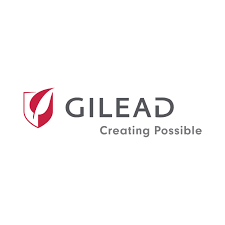Watertown, Mass. — Gilead Sciences and Kymera Therapeutics have entered into an exclusive option and license agreement to jointly develop a new class of cancer treatments known as molecular glue degraders (MGDs), with a focus on targeting the cyclin-dependent kinase 2 (CDK2) protein.
Unlike traditional cancer drugs that block the function of CDK2, these MGDs are designed to eliminate the protein entirely—an approach that may offer greater precision and fewer side effects. CDK2 plays a key role in tumor growth, and targeting it could prove effective against breast cancer and other solid tumors where current treatments fall short.
Gilead will pay Kymera up to $750 million as part of the deal, including $85 million in upfront and potential option payments. If Gilead exercises its option to license the program, it will take over global development, manufacturing, and commercialization responsibilities. Kymera will lead early-stage research and could also receive royalties on future product sales.
The collaboration marks Kymera’s first publicly disclosed molecular glue program and aligns with Gilead’s strategy to advance therapies that selectively attack cancer cells while sparing healthy tissue. Preclinical studies have shown that Kymera’s oral CDK2 degraders offer a strong safety and efficacy profile.
While the financial impact on Gilead is expected to reduce its 2025 earnings slightly, company executives emphasized the long-term potential of the new drug class. Both companies say the partnership could ultimately expand treatment options for patients with hard-to-treat cancers.


